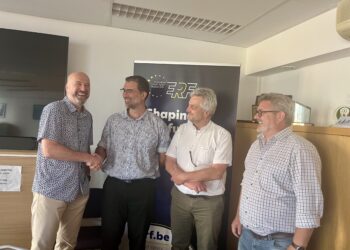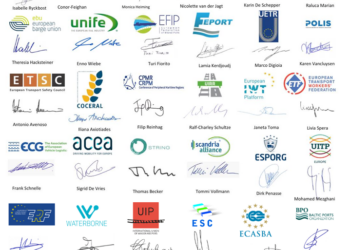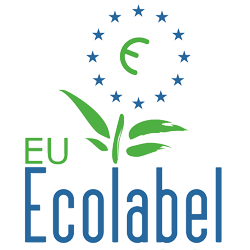Brussels |08 December 2022
The conference on Road safety results, organised by European Commission was held on 8th December in Brussels in a hybrid format.
The event was a unique opportunity to gather European institutions, road authorities and private sector representatives in order to present the current status of what has been done in terms of Road safety and the steps forward to reach the objective of vision zero by 2050.
The opening session gives an overview of three of the main European Institutions (European Commission, European Parliament, and Committee of Regions) as well as the point of view of the Ministry of Transport from the Czech Republic, the country that held the presidency of the Council in the last semester 2022.
The Conference was opened by Henrik Hololei, Director General of Mobility and Transport at the European Commission: he underlined how road safety crosses political borders and therefore requires closer collaboration amongst countries. He also presented some data, remarking that there was a drop in number of road fatalities in 2020 due to the pandemic and now this data is starting to increase again. Moreover, the current picture of road safety in Europe is a mixed one, meaning that some countries have made good progress compared to other, so possible best practices can be extrapolated.
In the opening Session, as well MEP Elena Kountoura, a representative from the European Parliament committee on Transport, stated that one of the key elements is the political will as well as more strict legislation regarding road safety. She also added that more funding is needed in the sector of road safety, and finally, the creation of a European agency on road transport would play a key role and contribute to raising awareness amongst Member states.
In the same session Emil Boc, Chair of COTER, Committee of Regions, said that, according to him, the most important factors for improving road safety are infrastructure and education: finalizing basic infrastructure or maintenance of the existing one as well as promoting road safety as from early age through school curricula will prevent a great number of road deaths.
The Conference then continued with a Panel discussion on Key Performance indicators, targets, and Strategies: Jean-François Gallet presented the current status of KPI on road safety identified via the Baseline Project, this then boosted dialogue for the targets and KPI amongst the members of the Panel.
There were four thematic sessions:
- Thematic sessions on Professional drivers: what emerged from this session was the growing need to help the authorities in implementing law enforcement as well as the great potential that technology have in preventing road fatalities. Finally, the training of professional drivers should also be updated taking into account the latest development in terms of mobility.
- Thematic session on Vulnerable Road Users: Vulnerable Road users as pedestrians and cyclists represent a big percentage of Road deaths in urban areas. Pascal van den Noort (CEO of Velo Mondial and Civitas Handshake) defined cyclist and pedestrians “climate-conscious road users” rather than vulnerable, stressing how this category of road user also reduce the impact of road users on climate change. Finally, the suggestions from this thematic session are that more space and better infrastructure should be allocated to vulnerable road users as well as suggestions to have legislation and restrictions different for each family of road users.
- Thematic session on Young People and Road Safety: This session focused on how to make young people more involved in improving road safety. Regarding the training, Manuel Picardi from the European Association of driving schools said that training should be improved (currently people focus more on passing the exam than on the content itself) as well as adapted to the new technologies that will be deployed. Sensitisation of the risks of alcohol should also be improved.
- Thematic session on Road Safety with a more automated vehicle fleet: this session focused on the role the automated vehicles will play in improving Road Safety.
The thematic sessions were followed by consideration from Adina Vălean (Transport commissioner) and Jean Todt (UN Secretary General’s Special Envoy on Road Safety) on road safety in the global south.
Finally, Kristian Schmidt, European Road Safety Coordinator, closed the conference by acknowledging the progress made so far but recognising that still a lot needs to be done and this will require closer collaboration amongst Member States.
Agenda and Presentations are available here
-
New President Appointed at the Helm of the ERF
June 12, 2025




